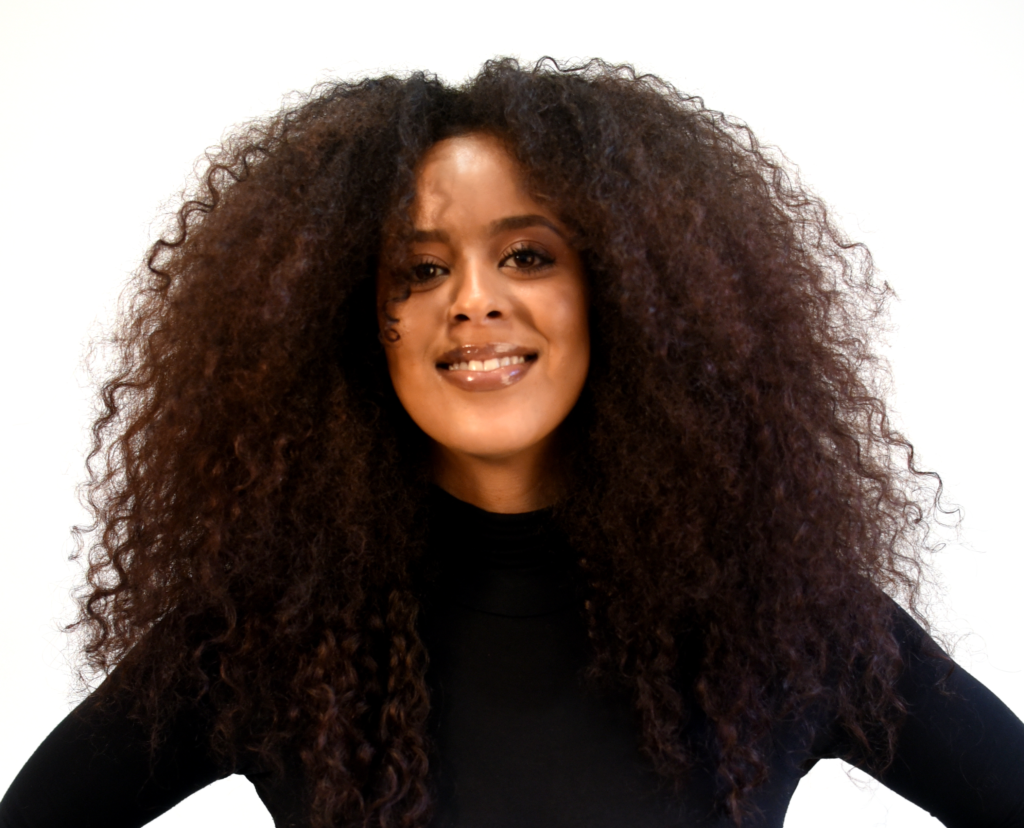
After completing two degrees from York, Sarah Embaye's early career success took her to Los Angeles to work at a Black led startup before returning to Toronto where she now works as a partnerships coordinator at MLSE LaunchPad.
Why did you decide to come to York and pursue two degrees?
I was born and raised in Burlington where, being a person of colour, I faced systemic barriers within the school system. And as I grew up, through high school, and coming to York, I was able to have more positive experiences, and grow my support system, especially within the School of Social Work. I decided that I wanted to pursue social work to learn about the structural and societal issues that I had experienced from a theoretical perspective, and to learn how I could impact the space and provide more resources and support for youth like myself. The department’s anti-oppressive framework really spoke to me.
After my undergrad, I was drawn to the business management program at Schulich. I felt that gaining business skills would allow me to maintain those core principals and ethics that drove me to social work and learn different approaches that could help me address those societal issues. Also, I was part of the first graduating class for my program and knew I would be part of something really special, helping to shape the program for future students.
Do you have any favourite courses or professors from either of your programs?
One course that I really enjoyed was called Women, Madness and Criminalization with Professor Andrea Daley. A small group of students had the opportunity to do the course in partnership with incarcerated women from a Milton correctional facility. That was a really impactful and eye-opening opportunity. It was especially meaningful because the individuals who participated in the program from the facility earned credits which they can put towards a degree once they were released.
Beyond the classroom, did you participate in any clubs or student associations?
The Eritrean Student Association at York was dormant and restarted by me and a couple of peers. Getting involved really helped me feel a sense of connection which was important for me, being a student who commuted to campus.
From graduation to now, what has your career path looked like?
When I graduated, I was struggling to find work. I was following a Black led startup that was doing a lot of amazing things within communities of colour in the United States. They were hiring for multiple business roles that spoke to me and I hustled and networked my way into an interview. I got the job and moved to California.
From there, I spent a year working in Los Angeles, on the business development and partnerships team – connecting with Fortune 500 companies and other tech companies, developing an ecosystem of opportunities for and by African Americans. I was part of a team that ran the largest Afrotech conference for Black Americans, which had over 10,000 attendees.
After my visa expired, I moved back to Canada and now work for MLSE LaunchPad as a coordinator of partnerships. At MLSE LaunchPad our focus is on achieving sustainable, wide-ranging social outcomes for youth facing barriers through a sport for development approach. I work closely with community experts who deliver sports programming supported by our four pillars: healthy body, healthy mind, ready for school and ready for work.
Do you have any advice for current York students?
One thing that I want to share is that I thought once I graduated, and had my degree, I would get a job in a month. And that's not the case. It took me eight to nine months to find my first job. So, it's important to plan ahead and set yourself up for success. By your last year of school, understand your goals and direction.
When it comes to interviewing, don’t be afraid to ask the company questions as well. To understand their mission and their values. Especially as a Black woman, it is important to understand what your potential employer is doing right now to address anti-Blackness within their organization, and within their communities. This way, you can understand if the company is a good fit for you. And lastly, networking is so important. Ten out of 10 of the opportunities that I've gotten in my life were not because I went and I applied and got the job, but because I utilized my network. This can start while you’re in school. Take time to connect with your professors, participate in clubs, committees, and reach out to alumni.
